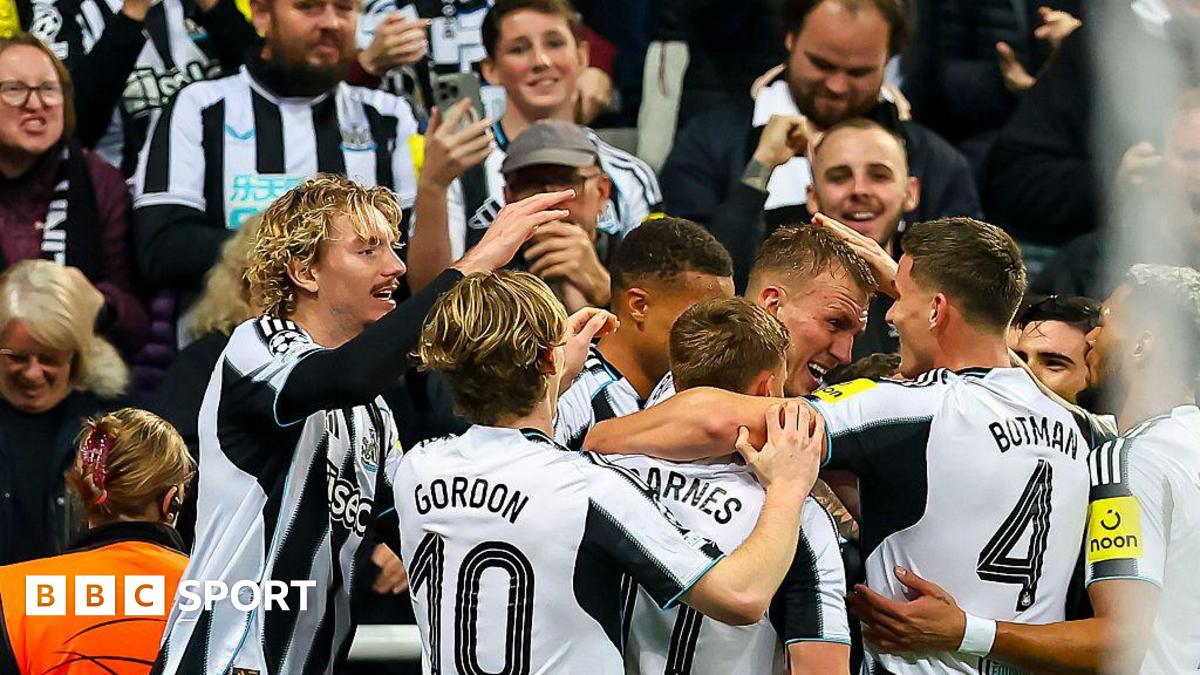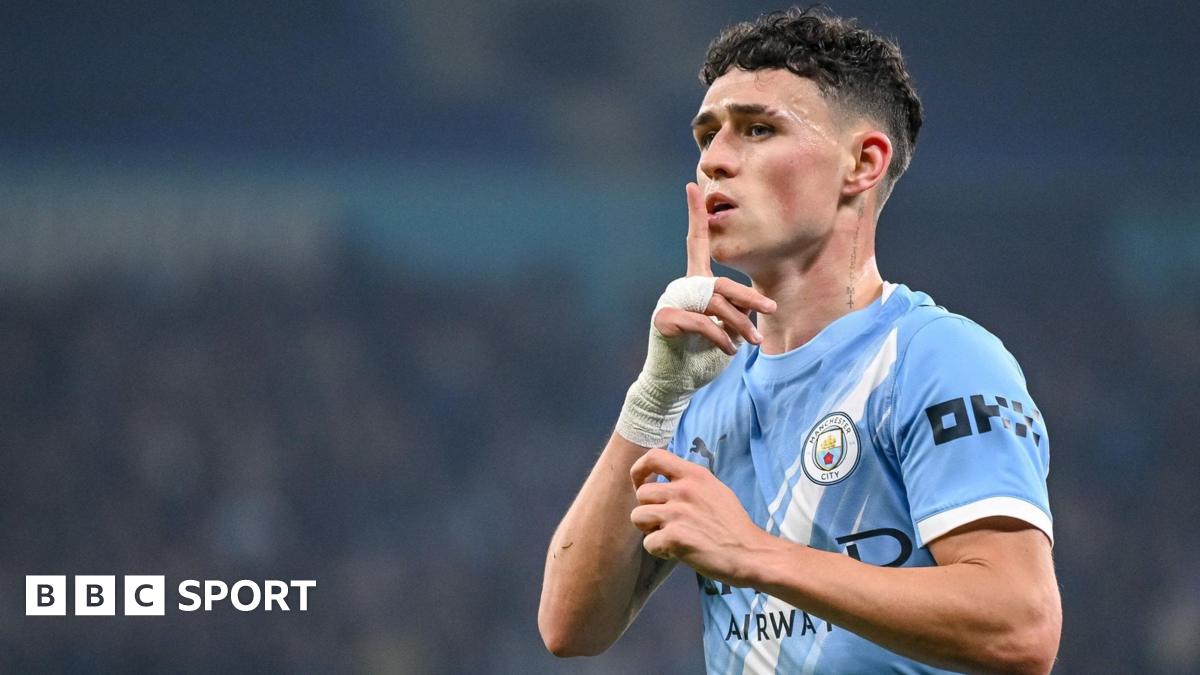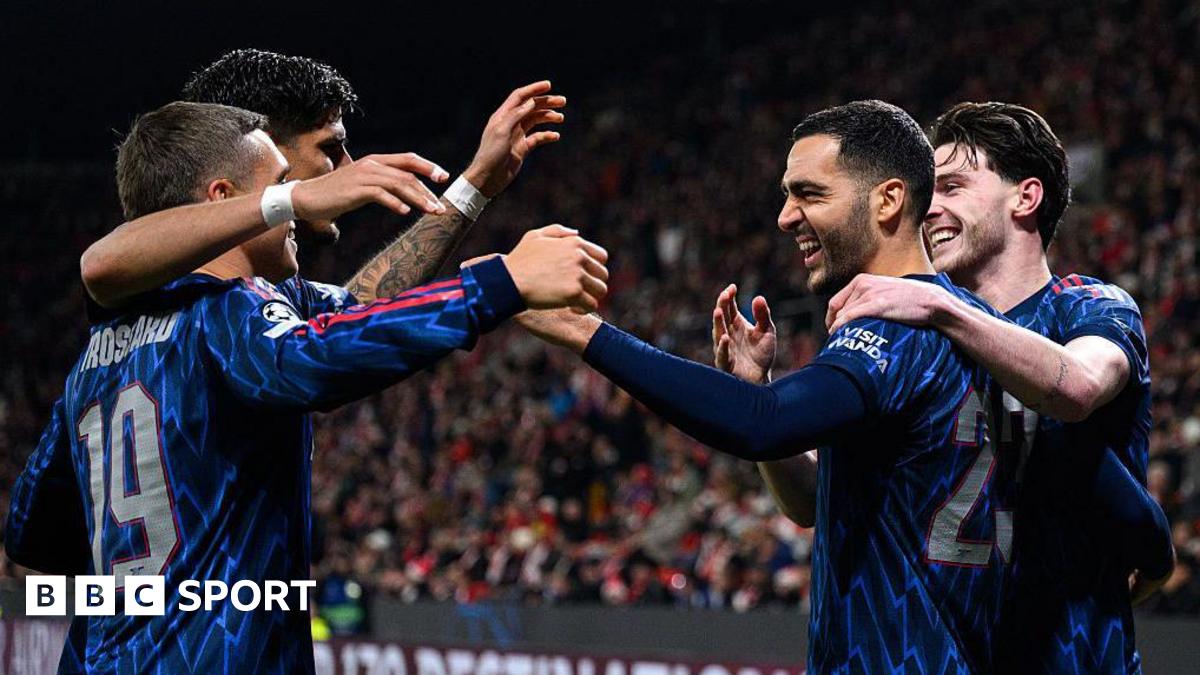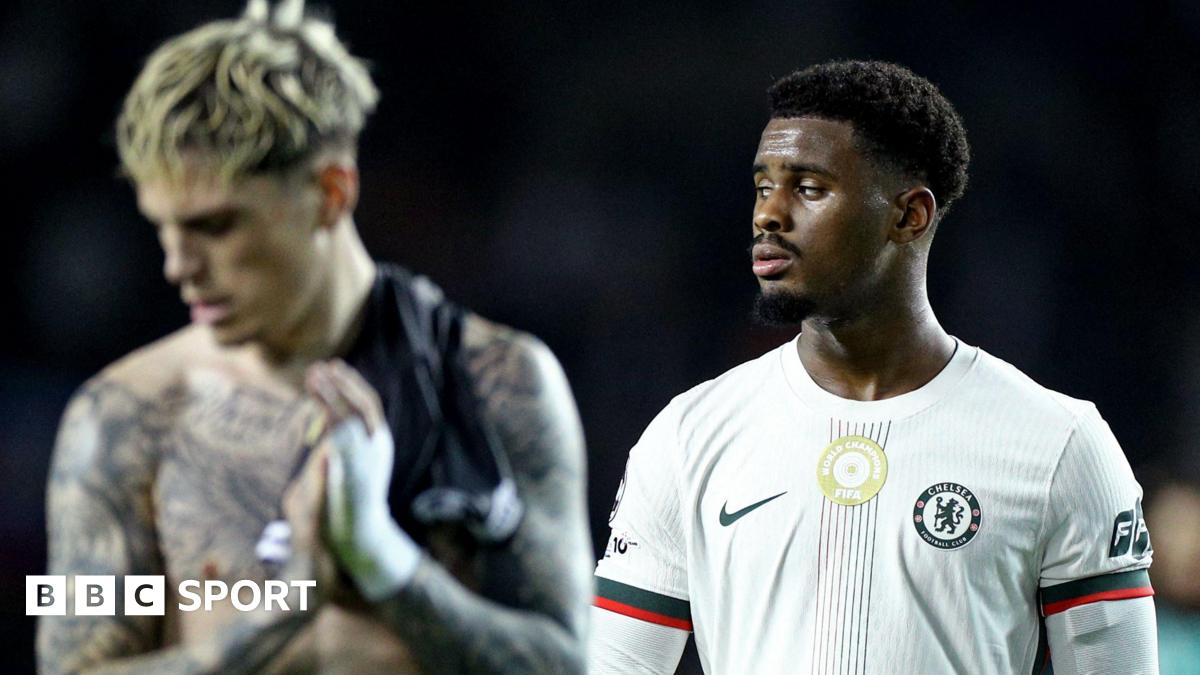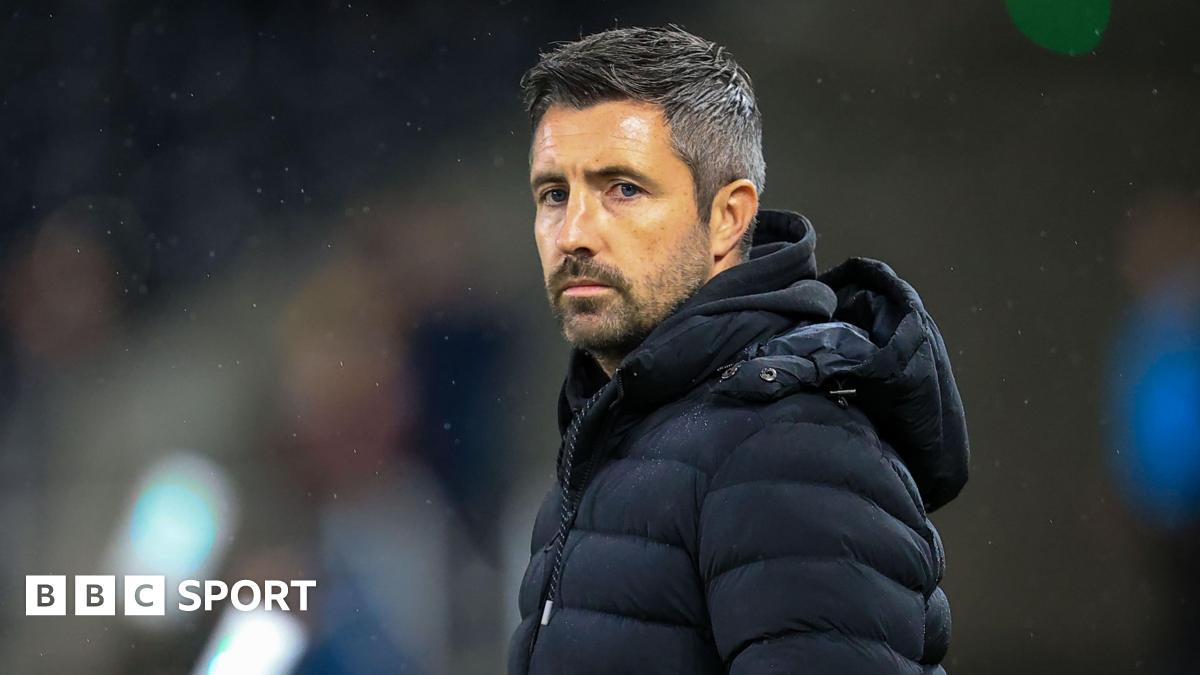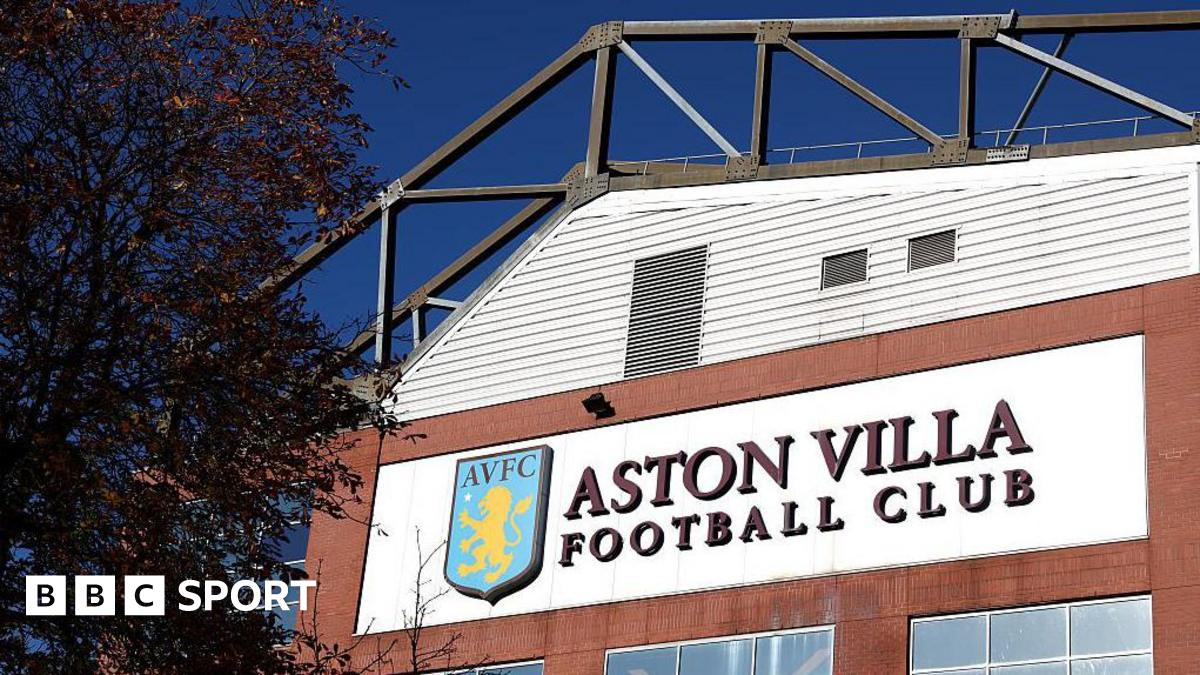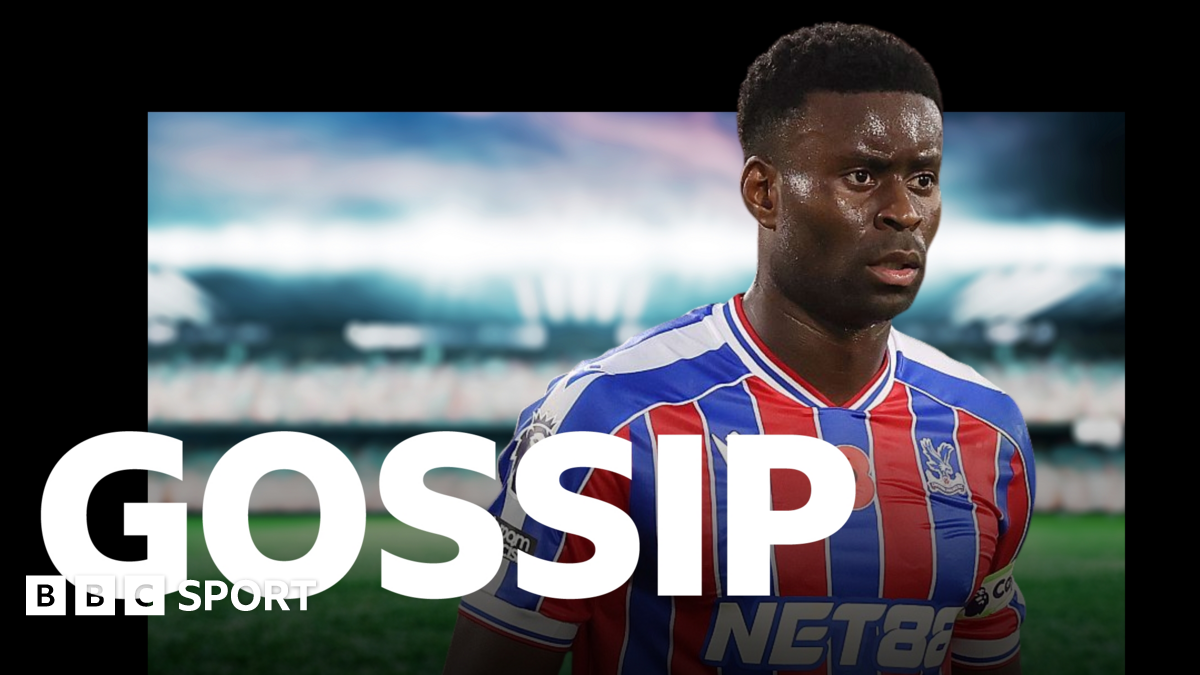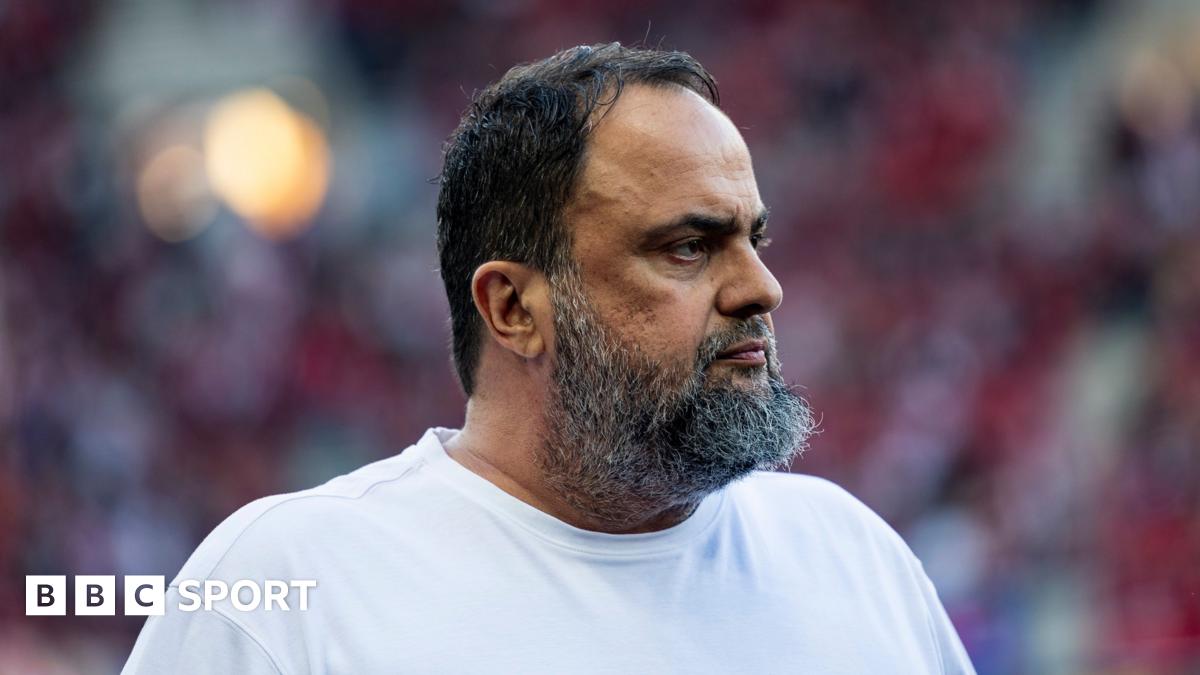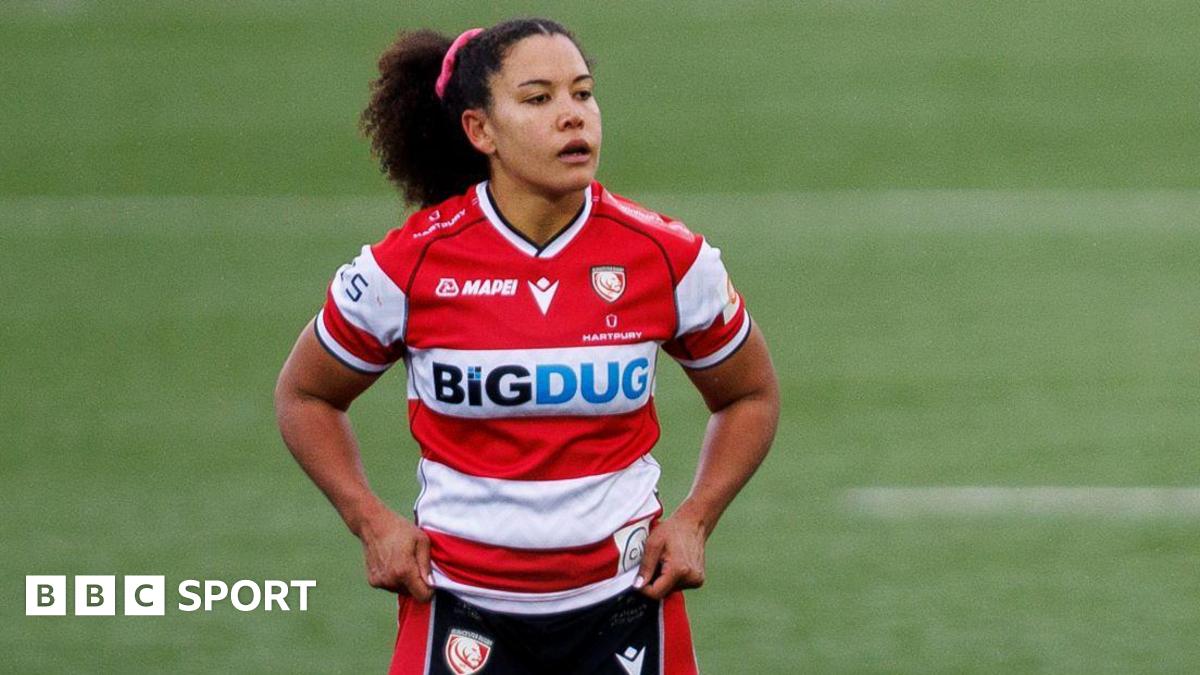Everyone should take accountability for the choices they make and the consequences. That's just how it should be.
I also think we want these archetypal angels in women's sport, who are role models, do everything perfectly and say all the right things. But women's football and sport wouldn't be where it is if no-one put their head above the parapet and ripped up the rule book.
That is a lot of pressure - to be someone that can have no flaws at all. Everyone is multi-dimensional and people will get things wrong.
It's really unfortunate that for whatever reason, Mary Earps decided to write an autobiography and release it now while she's still an active player, as well as the timing of it.
It's made a lot of people feel very uncomfortable, uneasy and sad about how it's all unravelled because it has put two players in the spotlight - Mary and Hannah Hampton - that many have played with and enjoyed seeing their rise to the top. We've all felt part of their journeys and in the success that they have brought to the Lionesses.
This situation seems to have questioned the notions we have of what a role model is in women's football. It feels like it's a shattering of that bubble which has amounted to all this reaction.
People have different ways of handling hurt, pressure, transition or changes to their role or position within the team.
I understand why Mary felt the need to use this autobiography to tell her side of the story, to close a chapter metaphorically on her England career, but it sits very uncomfortably with me to not recognise the impact that this could have on Hampton and manager Sarina Wiegman.
There is a collective, unwritten understanding that what transpires within a team, stays in the team. That's how you build trust and respect. You don't have to love each other all the time but you respect each other.
Mary is navigating a new life and this will be a lesson she didn't want to learn but I know she's a top person. I hope she gets a second chance to remind us why she was our national sweetheart.
It has made me think about how we are positioning successful women who want to be the authentic self that Mary has spoken about. Do we hold women to a certain standard in terms of how they should handle their feelings?
We have been so protective over women's football in England for such a long time, making sure there's no negativity within every aspect of the game. Now there is more scrutiny. Players are going to have to be more adept with their public image and optics. These things matter now, in a way that they didn't matter, perhaps, before.
When I have come across former USA players, they don't necessarily have the same perspectives as we do in the UK. They are used to confronting direct personalities that speak on things, whether they agree with it or not.
Mary is not the first sportsperson to release an autobiography that criticises others or has a perspective on how they feel they've been treated. If you are putting things into the public domain, you have to expect that you will get responses to that. But it feels as though she was unprepared for the reaction.
Would I have released a book like that while still playing? Probably not. That's a choice Mary has made with advice from people around her.
A book is going to be very revealing. It's unveiled things that most of us were not privy to in terms of her state of mind, the things that she was experiencing from an emotional position, her relationship with others in the team, and of course, in this case, Hannah Hampton. All of that is going to be a vulnerable place to put herself in.
It would be right and fair to question the advice she received. It's really important now that as athletes, you do your due diligence to make sure that your best interests are being served in the right way.
It would be ridiculous to suggest that there have never been teams where 23 players don't get along perfectly. Especially at the elite level, when you're dealing with pressure, expectation and competition for spots.
I've played in squads where if you didn't conform, you would either never be called back again or would never have got there in the first place. So you have to credit Wiegman because she has been able to manage different personalities, given them room to grow, and allowed them to re-enter the England squad.
Ultimately, Mary is a top, professional athlete who clearly has had challenges navigating her newfound chapter outside of international football. The machine around her, which is now part of the women's football ecosystem, has sadly been mishandled.
The biggest lessons that we can all take is that everyone is accountable for their mistakes or their choices, but nobody should receive abuse because of their perspective or their experience.
Anita Asante was speaking to BBC Sport's senior women's football news reporter Emma Sanders.
Ben Haines, Ellen White and Jen Beattie are back for another season of the Women's Football Weekly podcast. New episodes drop every Tuesday on BBC Sounds, plus find interviews and extra content from the Women's Super League and beyond on the Women's Football Weekly feed

 2 hours ago
2
2 hours ago
2

